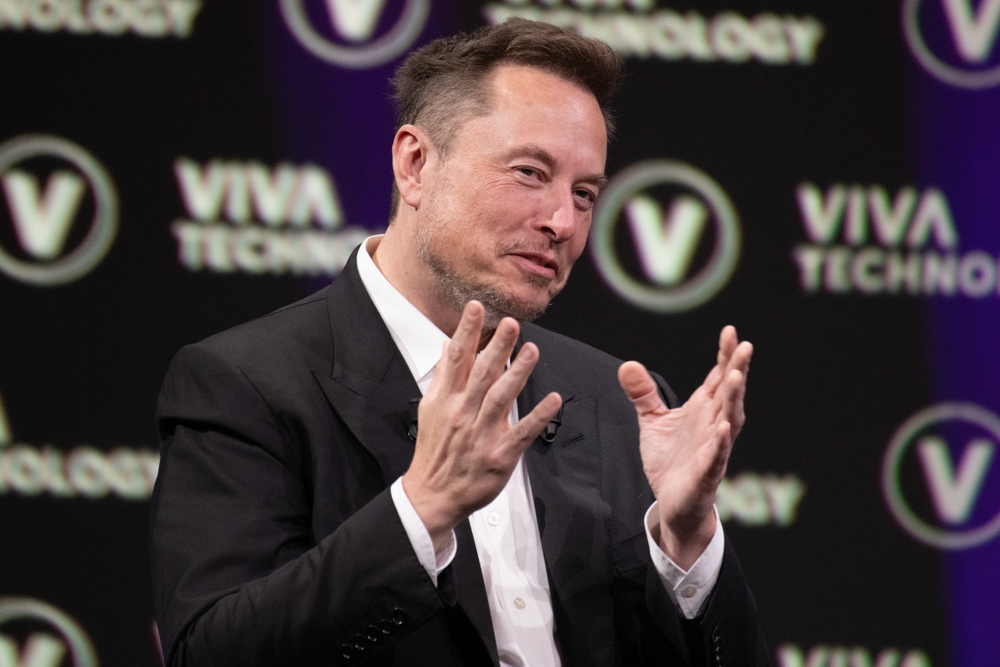Elon Musk has reignited the debate about a tunnel connecting New York and London.
Others are reading now
The concept of a tunnel connecting the UK and the US under the Atlantic Ocean has resurfaced, but with an estimated cost of nearly $20 trillion, the project presents significant challenges.
Elon Musk has weighed in on recent discussions about such a tunnel, claiming that his company, The Boring Company, could complete the project for “only” $20 billion.
The idea of a “Transatlantic Tunnel” has been around for decades, but challenges related to its scale, cost, and practicality have long hindered progress. Few have been willing to take on such an ambitious endeavor.
This was reported by The Sun.
Also read
A High-Speed Solution to Transatlantic Travel
While a flight between London and New York takes approximately eight hours, questions remain about whether a train running under the ocean could complete the journey quickly enough to justify the enormous construction costs.
Spanning more than 3,000 miles (4,800 kilometers) between the two cities, building such a tunnel would be an enormous undertaking.
By comparison, it took six years to construct the Channel Tunnel between England and France, which is only 38 kilometers long. The proposed transatlantic tunnel would require far greater investment and resources.
Cost estimates have been pegged at 15.5 trillion British pounds, equivalent to approximately $19.8 trillion.
However, advancements in vacuum-tube technology are making the concept more plausible. These advances suggest that the idea of a transatlantic tunnel may not be entirely out of reach in the future.
Hyperloop Technology
By creating a vacuum inside the tunnel and using pressurized vehicles, trains could theoretically achieve speeds of over 3,000 mph (4,800 km/h).
This would reduce travel time between London and New York to just one hour.
The vacuum would eliminate air resistance, allowing the trains to reach speeds far greater than traditional rail systems.
This technology, known as Hyperloop, is something Musk has long championed. He asserts that The Boring Company could build such a tunnel at a fraction of the previously estimated costs.
While Musk’s $20 billion claim is ambitious, it has reignited interest in a project that many have dismissed as science fiction. Whether technological and financial hurdles can be overcome remains to be seen.


